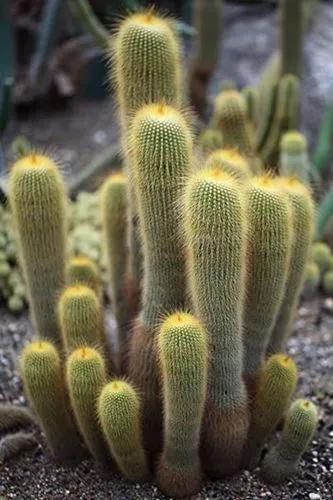Aconitum napellus – also known as monkshood, wolfsbane and aconite – is plant steeped in lore because of the toxin, aconitine, it contains. It’s a beautiful herbaceous perennial with finely divided leaves similar to those of delphiniums, to which it’s related. It bears deep purple-blue flowers held on spires a metre or so in height and enjoys growing in cool, moist soil. It usually flowers in June and July.
Venus' Chariot Care
Aconitum Napellus
Other names: Wolfsbane, Aconite, Fuzi, Monk's Blood, Venus Chariot Plant



How to Care for the Plant

Water

Once established, monkshood is able to withstand short periods of drought, but for robust plants, provide a moist soil or water regularly.

Fertilizer

Once established, monkshood is able to withstand short periods of drought, but for robust plants, provide a moist soil or water regularly.

Sunlight

Ideally grow in a sheltered area of partial shade, but can survive in sunny areas when the soil has been enhanced with organic matter.

Soil

Monkshood plants prefer a soil pH that is neutral to slightly acidic, but will tolerate other soils as long as they are rich, moist, and well-draining.

Temperature

Performs best when night-time temperatures remain below 21°C (70°F).

Additional

All parts of Aconitum are poisonous if ingested or if the sap comes into contact with any mucous membrane. Effects range from skin irritation to cardiac and respiratory failure. Always wash your hands after handling monkshood. You’ll find many references in literature to monkshood being used to kill enemies. Another common name for monkshood, wolf’s bane, refers to its use for getting rid of wolves. Do not grow this plant around young children or curious pets.

Popularity

350 people already have this plant 79 people have added this plant to their wishlists
Discover more plants with the list below
Popular articles






